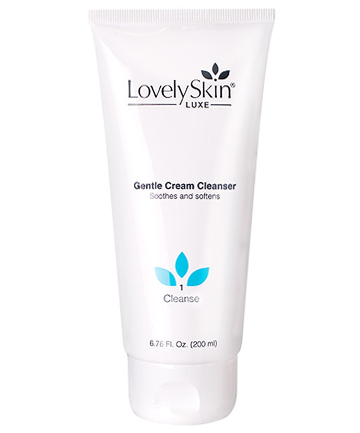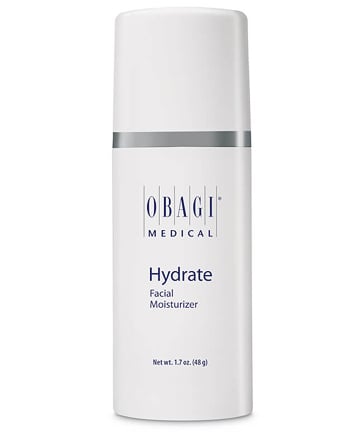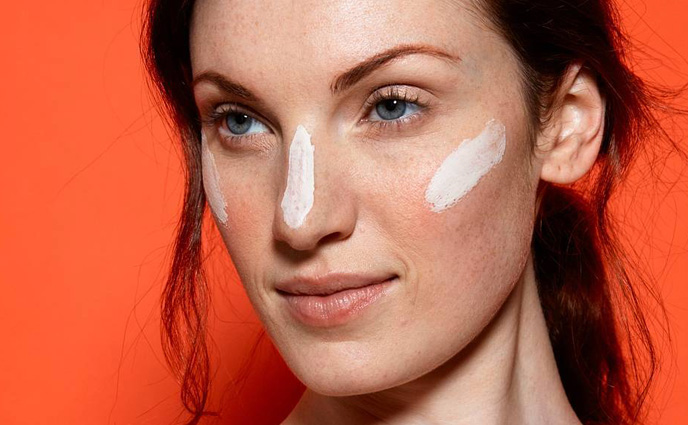If you find yourself with itchiness or irritation, avoid scratching at all costs. It might provide relief in the moment, but it will only lead to additional irritation, or even infection, soon after. Instead. Schlessinger suggests soothing the irritation with a comforting product, like FixMySkin Healing Body Balm with 1% Hydrocortisone, $16, and Vanicream HC 1% Hydrocortisone Anti-Itch Cream, $9.95. “Both products contain soothing and healing ingredients to moisturize and heal skin without causing further irritation,” he says.
Even sensitive skin needs to be cleansed twice a day—ideally in the morning and in the evening. However, it’s important that you choose your cleanser carefully. An improper formula can leave skin feeling irritated and itchy. “Choose a hydrating cleanser that won’t over-strip skin, like LovelySkin Luxe Gentle Cream Cleanser, $32,” Schlessinger says. “The soothing formula removes makeup and other impurities while also keeping skin hydrated with olive oil and meadowfoam seed extracts.”
Since sensitive skin is often indicative of a compromised barrier, it’s very important that it remains hydrated. “Obagi Hydrate Facial Moisturizer, $50, is an excellent option, as it features a delivery system that provides moisture throughout the day,” Schlessinger says. “Shea and mango butters, avocado oil and glycerin provide much-needed hydration while also protecting skin from free radical damage.” If you need something a little richer, he suggests trying SkinCeuticals Triple Lipid Restore 2:4:2, $128, which provides deep hydration with lipids, ceramides, cholesterol and fatty acids while also repairing skin’s natural moisture barrier.
It is recommended that you visit your dermatologist for a basic skin check once a year, as you would your primary care provider, however, you should feel comfortable seeking assistance from your dermatologist more often if you’re experiencing sensitivity. A visit can help you determine whether or not you have an underlying condition making your skin more sensitive, such as eczema (atopic dermatitis), rosacea, etc., Bickle says. “Treating these underlying conditions may help alleviate sensitivity,” she says. “They can also help to delineate sensitivity from an allergy, and may recommend patch testing to help determine what (if anything) you are allergic to.”
Image via Imaxtree








